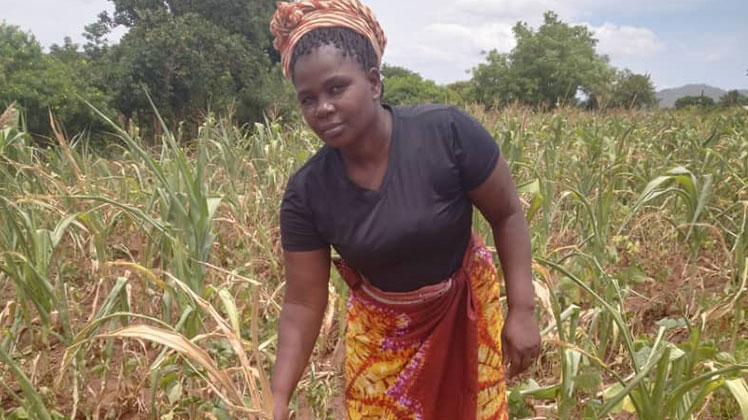Why Malawi should sign up for Eiti
 Malawi has various minerals. According to Peter Chilumanga, deputy director of mines, different types of minerals are being extracted in the country.
Malawi has various minerals. According to Peter Chilumanga, deputy director of mines, different types of minerals are being extracted in the country.
Some of these are uranium, bauxite, monazite, corundum, graphite, limestone, heavy mineral sand, vermiculite, phosphate, rare earth minerals, iron sulphides, glass sand, coal, dimension stone, gypsum, and kaolinic clays.
Chilumanga says there is potential that other minerals such as gold can be found at Kirk Range, Mangochi, Dwangwa, Nathenje and Dzalanyama. In addition to this, he says, there will shortly be exploration in gas and oil. All this has the potential to transform the country’s economy which is agricultural-based.
However, experience has shown that accountability in mineral wealth is a problem in many African countries. The only way one is assured of openness in minerals is through signing the Extractive Industries Transparency Initiative (EitiI). This is a widely endorsed initiative aimed at strengthening governance in the extractive industry sector through improving revenue transparency.
Currently, of the 35 member countries, 22 are in Africa. These include Malawi’s neighbours Mozambique, Tanzania and Zambia.
The discussion as to whether Malawi should sign up for the Eiti is stimulated by the growing awareness of the country’s mineral wealth. As more minerals are discovered and extracted, transparent and adequate revenue collection from the natural resource sector assumes ever greater importance.
GIZ country director Uta Borges says it is important for Malawi to sign up for Eiti.
“The benefit is not only to demonstrate good governance by making revenues from the mining sector transparent. The benefit will also be the identification of areas where Malawi government can increase its revenues and be less dependent on external resources,” said Borges.
Rafiq Hajat, executive director for Institute for Policy Interaction (IPI) is supporting the move for Malawi to sign up for Eiti. Hajat noted that Malawi, just like other countries with non-renewable natural resource wealth, faces special opportunities and challenges.
“If used well, these resources can create greater prosperity for current and future generations; if used poorly, they can cause economic instability, social conflict and lasting environmental damage,” said Hajat in his key note address on the role of members of Parliament in providing policy direction and oversight in Malawi in November last year.
He said exploitation of natural resources should be pursued in order to meet broad social and economic goals, and not as an end in itself.
Hajat noted that government, in partnership with local actors such as civil society, and using tools provided by specialists such as Eiti, can develop adequate internal capacity in order to engage highly equipped and efficient international corporate interests on a level playing field and, in doing so, extract the most beneficial terms for national interest.
Minister of Mining John Bande said government is still consulting.
“We are in the process of consultation. We want as many people as possible to have their input,” said Bande.
Asked whether the country should have hope on the Eiti, Bande was optimistic.
“You see, as government, our main focus is transparency. We want to do things as openly as possible,” he said.





